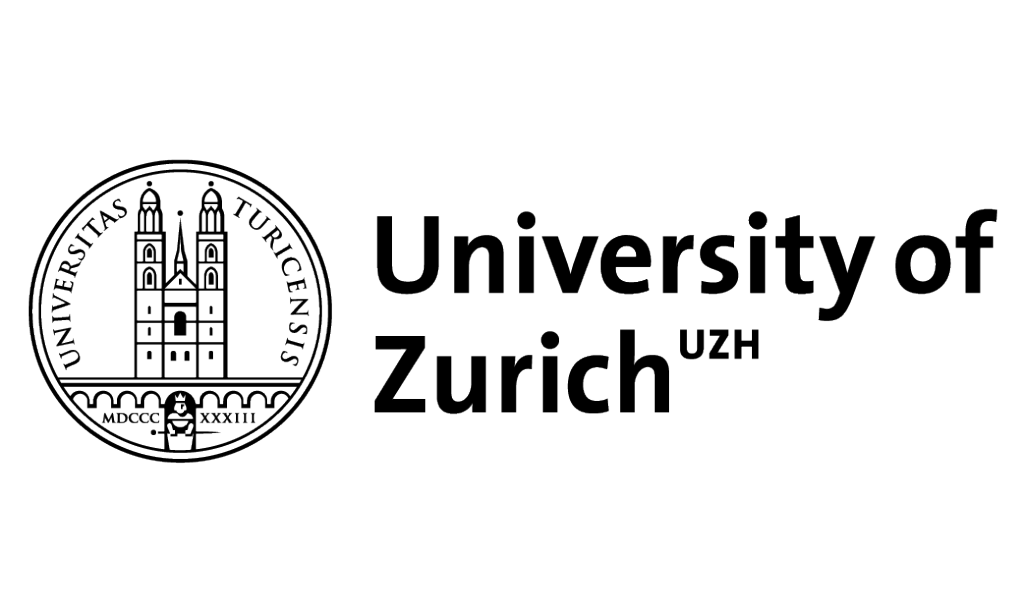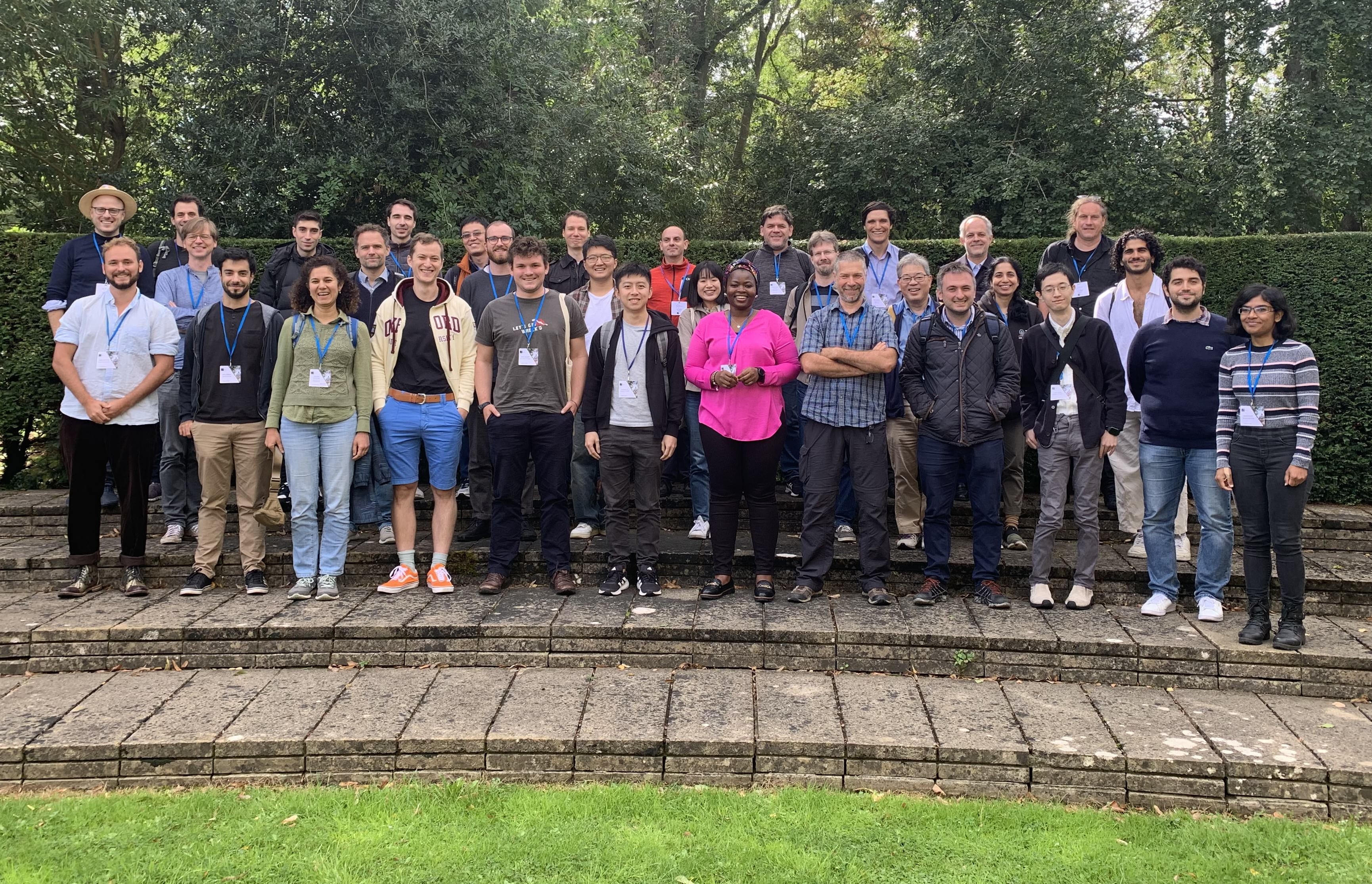
MATCH-UP 2024 is the 7th workshop in an interdisciplinary and international workshops in the series on matching under preferences. It will take place on 9 - 11 September 2024, hosted by the University of Oxford, United Kingdom.
Matching problems with preferences occur in widespread applications such as the assignment of school-leavers to universities, junior doctors to hospitals, students to campus housing, children to schools, kidney transplant patients to donors and so on. The common thread is that individuals have preference lists over the possible outcomes and the task is to find a matching of the participants that is in some sense optimal with respect to these preferences.
The remit of this workshop is to explore matching problems with preferences from the perspective of algorithms and complexity, discrete mathematics, combinatorial optimization, game theory, mechanism design and economics, and thus a key objective is to bring together the research communities of the related areas.
List of Topics
The matching problems under consideration include, but are not limited to:
- Two-sided matchings involving agents on both sides (e.g., college admissions, medical resident allocation, job markets, and school choice)
- Two-sided matchings involving agents and objects (e.g., house allocation, course allocation, project allocation, assigning papers to reviewers, and school choice)
- One-sided matchings (e.g., roommate problems, coalition formation games, and kidney exchange)
- Multi-dimensional matchings (e.g., 3D stable matching problems)
- Matching with payments (e.g., assignment game)
- Online and stochastic matching models (e.g., Google Ads, ride sharing, Match.com)
- Other recent applications (e.g., refugee resettlement, food banks, social housing, and daycare)
This workshop was generously sponsored by

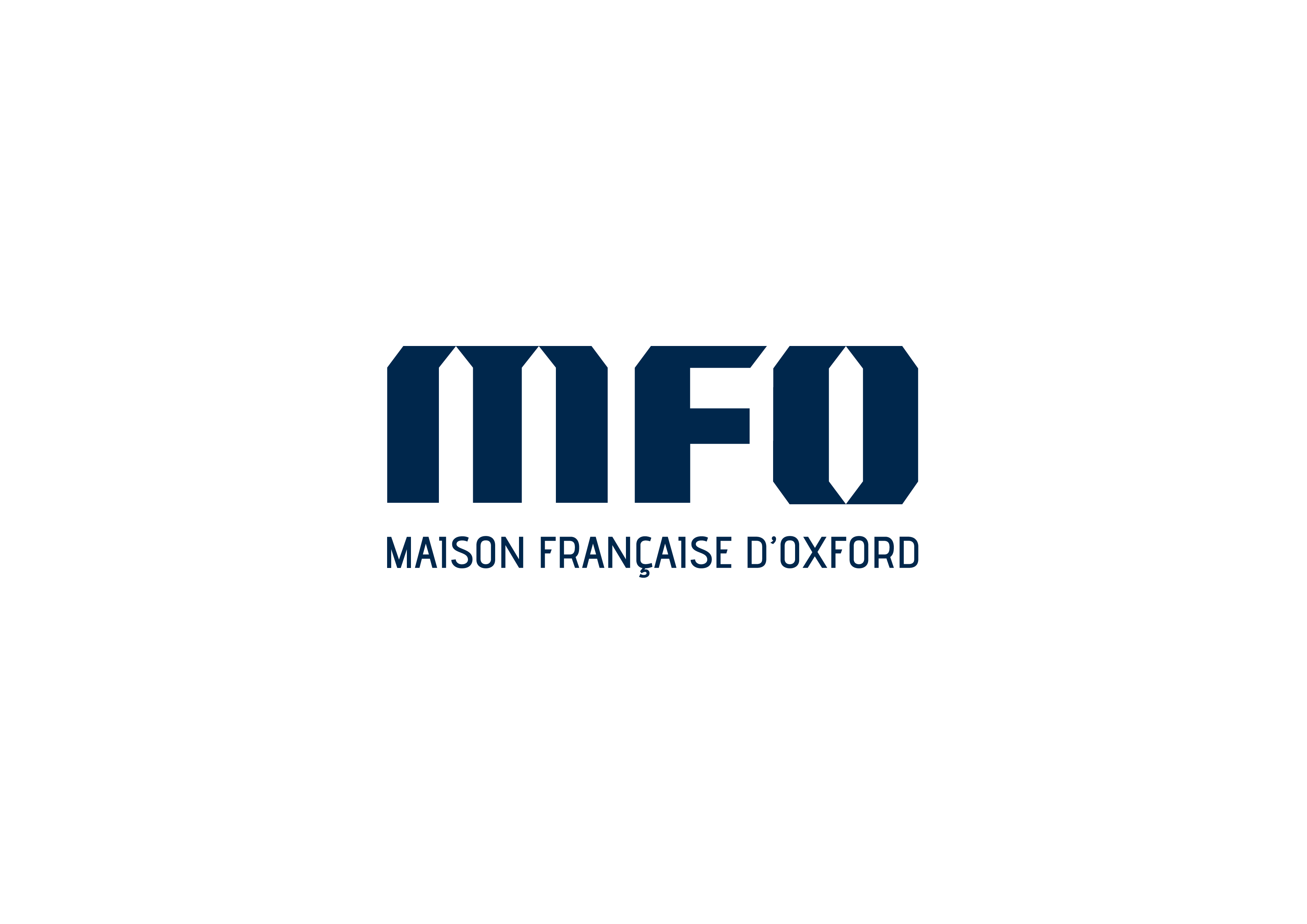
NOTE: The 17th International Symposium on Algorithmic Game Theory (SAGT) will take place just before MATCH-UP at Centrum Wiskunde & Informatica (CWI) in Amsterdam, The Netherlands, September 3–6, 2024.
Submission of MATCH-UP Papers in TEAC
Paul Goldberg and Utku Ünver, the editors of ACM Transactions on Economics and Computation (TEAC), welcome authors whose papers were submitted to MATCH-UP for consideration at TEAC and MATCH-UP can forward your reports to TEAC. If you have a Format B paper which has appeared elsewhere, TEAC expects about 25% new material on top of the earlier version. If your paper is rejected and you wish to forward the reports, TEAC expects that you address the referee concerns in the version submitted to TEAC. If you are planning to submit your paper to TEAC and would like us to forward the MATCH-UP reports to TEAC, please email matchup2024@gmail.com with “Paper # Review Forward Approval to TEAC” in the headline. The deadline for submitting the revised paper to TEAC is 30 September. Please ask TEAC to request the reports and we will forward them accordingly.
We call for two types of contributions. Authors should indicate in the Keywords which format type their paper should be considered under.
Format A
- Original contribution, not previously published in (or accepted by) another conference proceedings or journal
- Not under review for a conference or journal elsewhere
Format B
- Not necessarily original work
- Could have been published already in (or accepted by) another conference proceedings or journal
- Can be under review for a conference or journal elsewhere
The Programme Committee may give priority to Format A papers in the final selection.
Submit your paper
Submissions should be at most 18 pages long (excluding bibliography), formatted for A4 paper, using 11 point font or larger with at least 1" margins all round, and in single-column format. Submissions in EC or SAGT formats are very welcome. Any material beyond this limit should be placed in a clearly marked appendix which will be read at the discretion of the programme committee. There is no specified style file for submissions (e.g., LNCS or ACM style files are fine).
Please indicate in the Keywords whether your paper is Format A or Format B.
Proceedings
Only abstracts of accepted papers will appear in the workshop proceedings. This should allow the simultaneous or subsequent submission of contributed papers to other workshops, conferences or journals. If authors so choose, they may include a link to the full version of their paper (if published, e.g., on arXiv, REpeC, SSRN or on a personal web page) in the proceedings.
Paper submission portal: https://easychair.org/conferences/?conf=matchup2024 .
Special Issue
Mathematics of Operations Research is running a Special Issue on Mathematics of Market Design. The editors of the special issue warmly welcome papers submitted to MATCH-UP to the Special Issue. There is no forward-to-journal option, however, MOR editors might request MATCH-UP reviews during their decision if the authors indicate that they had submitted to MATCH-UP. Authors will be contacted separately to grant permission to MATCH-UP to share reviews. Deadline for submission to MOR is Sept 30, 2024.Important dates
- Paper submission deadline:
01 May 2024(extended to 08 May 2024 23:59 AoE) - Notification: 01 July 2024
- Early registration deadline: 22 July 2024
- Final registration deadline: 28 August 2024
- Workshop: 09 – 11 September 2024
Program

Logistics
Conference Venue
The conference takes place at St. Catherine's College (Manor Rd, Oxford OX1 3UJ). All lectures are at Riverside Lecture Theatre.
All locations are marked on the map below.
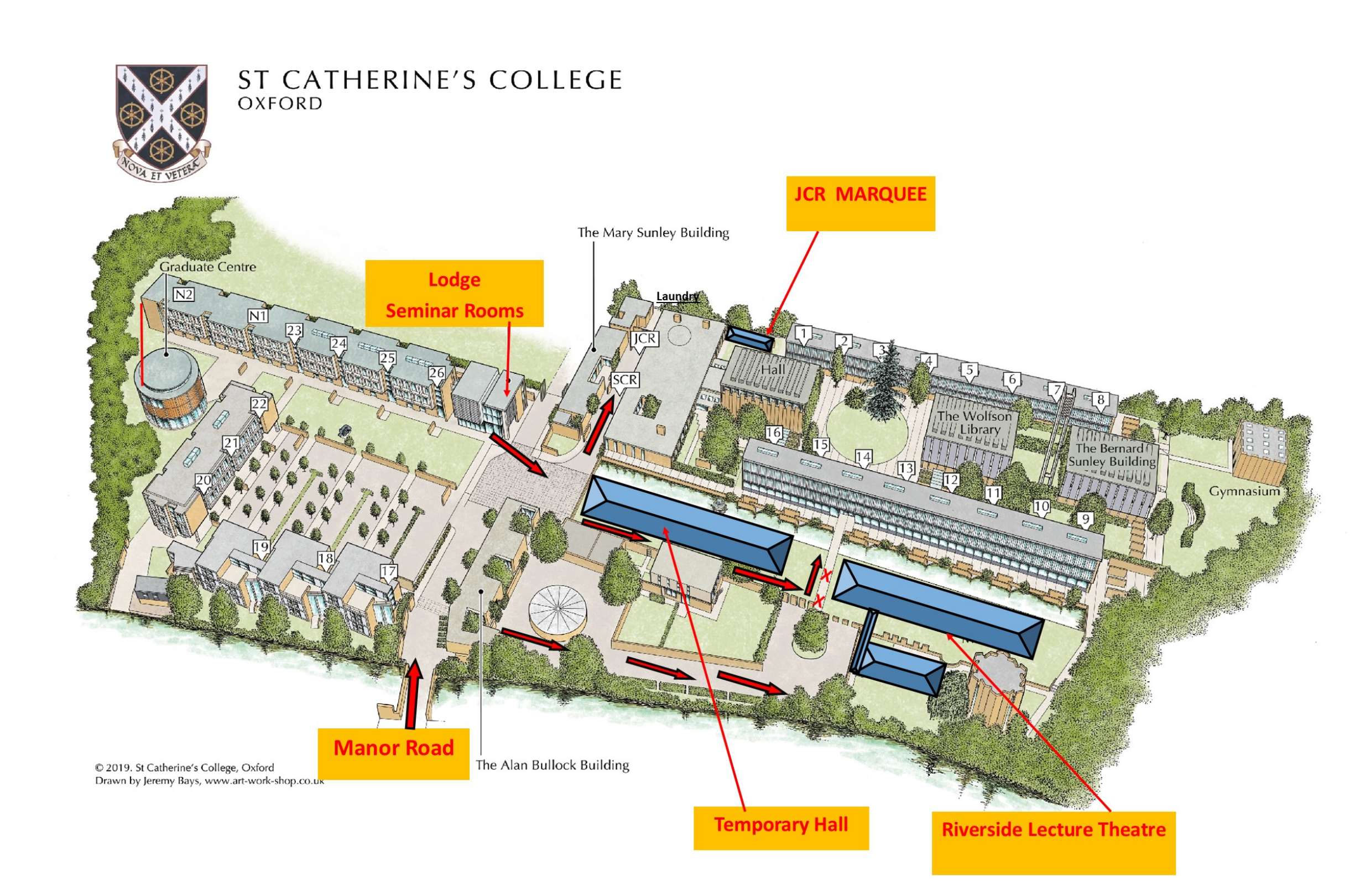
Accommodation
All participants are staying at St Catherine’s College. All bedrooms have linen, towels, tea and coffee making facilities, and toiletries provided as standard. Items such as hairdryers and adaptors can usually be acquired from our Lodge. Bedrooms at the College are student study bedrooms (occupied by students during term times). They are basic, comfortably furnished but do not have televisions, radios, telephones, etc.
Check-in
Please check in at the Lodge, which is open 24 hours a day. You can check in from 2pm on Sunday 8 September .
Check-out
Please check out by 10am on the day of your departure. For most of you, your room is booked until Thursday 12th September.
Breakfast, Lunch, Dinner, and Gala Dinner
Breakfast (8-9am), lunch (12:30pm), and dinner (on Monday 9th September and Wednesday 11th September) will be in the Temporary Hall (see map) at St Catherine’s.
Thank you for submitting your dietary requirements on the registration form. They will all be accommodated.
Gala Dinner Venue
The Gala dinner will take place on Tuesday 10th September at The Queen’s College, which is an 11-minute walk from St Catherine’s. It will start at 6pm.
Dining Options in Oxford
There are many nice restaurants and cafes that cater to any dietary preference in Oxford.
Travelling to Oxford
Train
Oxford is well connected by train. The train station is a 26-minute walk from St Catherine’s. There are also taxis at the train station. The fastest trains from London leave from Paddington station (make sure to take the no-change train that takes between 51-54 minutes). There are also trains to Marylebone Station.
There are no direct trains between Oxford and the London airports. There are fast trains from the airports into central London (Heathrow to Paddington; Gatwick to Victoria; Stansted to Liverpool Street).
Bus/Coach
There are coaches from London (Victoria Station), from Heathrow, Gatwick, and Stansted airports that stop at Gloucester Green Bus Station, which is an 18-minute walk from St Catherine’s. The nearest stop to St Catherine’s is Oxford High Street, which is an 11-minute walk from St Catherine’s.
Taxi
Oxford has black cabs (that you can hail on the street or find at the train station or near the bus station), minicabs (e.g., Royal Cars), and Uber.
Driving
Parking is exceptionally restricted in Oxford. Parking is not generally available at St Catherine’s. You can Park & Ride or park at a city centre car park.
Getting Around Oxford
Walking
Oxford City centre is easily walkable. You can get from one end of it to another in half an hour.
Cycling
Cycling is popular in Oxford. You can rent bikes from bike shops and the train station.
e-Scooters
Oxford has a lot of e-Scooter stations. There is one next to St Catherine’s outside Manor Road Building. You will need at least a provisional driving licence to use one (and you are recommended to wear a helmet).
Buses
Buses are convenient to get out of Oxford, e.g., if you’d like to visit Blenheim Palace.
Wi-Fi
Use eduroam. If you can’t, you can get guest access to “The Cloud” system (in your room or from the Lodge).
Punting
Punting is very popular in Oxford. If the weather is good, we will go punting on Tuesday 10th September. If you want to try punting yourselves (it’s a little tricky at first!), the cost of a 5-person boat is £30/hour. The cost for a chauffeured punt ride is £45 for 30 minutes. We will solicit demand for punting nearer the time and make a booking.
Things to see and do in Oxford
There are many things to see and do in and around Oxford. You will see a lot of them on the walking tour on Tuesday 10th September after the last talk. Here’s our 36-hour guide!
Poster Printing
The poster session is on Monday 9th September, 5-6pm, in the Riverside Conference Centre. You can use the Oxford Print Centre on Holywell St. to print your poster. Ask to deliver to St Catherine’s College for “Freya Waites, MATCH-UP”. Alternatively, we can pick up your poster on Monday 9th September.
Registration
If your paper or poster has been accepted, at least one of the presenters must register by the early bird registration deadline.
Please fill out the registration form. We will then:
- send you a payment link;
- contact you for further information if you need a visa letter or other travel support;
- contact you if you have access requirements.
| Registration | Deadline | Student Fee | Regular Fee |
|---|---|---|---|
| Early Bird | 22 July | £350 | £390 |
| Final | 18 August | £400 | £440 |
- 4 nights of single-room accommodation at St Catherine’s College from Sunday 8th September until Thursday 12th September including breakfast and lunches;
- Gala dinner on Tuesday 10th September at Queen’s College;
- Dinners on Monday 9th September and Wednesday 11th September at St Catherine’s College;
- Walking tour of Oxford on Tuesday 10th September;
- Welcome drink on Sunday 8th September;
- Tote bag with MATCH-UP 2024 merchandise.
Accepted Papers
- Gergely Csáji, Tamás Király, Kenjiro Takazawa and Yu Yokoi: Popular Maximum-Utility Matchings with Matroid Constraints
- Tamás Fleiner, Tamás Király and András Frank: Two-phase greedy algorithms for stable matchings
- Telikepalli Kavitha and Kazuhisa Makino: Min-Cost Popular Matchings in a Hospitals/Residents Instance with Complete Preferences
- Frederik Glitzner and David Manlove: Structural and algorithmic results for stable cycles and partitions in the Roommates problem
- Ermis Soumalias, Behnoosh Zamanlooy, Jakob Weissteiner and Sven Seuken: Machine Learning-Powered Course Allocation
- Scott Paiement, Umut Dur and Yi-Cheng Kao: Market Design of College-Major Switches for Reducing Student-Major Mismatch
- Umut Dur and Yanning Zhang: Chinese High School Admissions under Affirmative Action Policies with Score Constraints
- Lingbo Huang and Jun Zhang: Bundled School Choice
- Thành Nguyen, Alexander Teytelboym and Shai Vardi: Efficient Combinatorial Assignment
- Jacob Coreno and Di Feng: Some Characterizations of TTC in Multiple-Object Reallocation Problems
- Christian Basteck: An Axiomatization of the Random Priority Rule
- Shunya Noda and Genta Okada: Money Burning with Multiple Objects: Theory, Computation, and Application to Vaccine Allocation
- Nick Arnosti: Probabilistic Predictions for Two-Sided Matching Markets
- Xihao Song: Order of Objects and Easy to Implement algorithm: fairness and efficiency
- Itai Ashlagi, Süleyman Kerimov and Omer Tamuz: The Power of Two in Token Systems
- Julius Goedde: Pricing in markets without money: Theory and evidence from home exchanges
- Simon Finster, Patrick Loiseau, Simon Mauras, Mathieu Molina and Bary Pradelski: Equitable Pricing in Auctions
- Remi Castera, Patrick Loiseau and Bary Pradelski: Correlation of rankings in matching markets
- Dušan Knop and Šimon Schierreich: Host Community Respecting Refugee Housing
- José Antonio Rodríguez Bacallado: Seat Arrangement Problems under B-utility and W-utility
- Haris Aziz, Peter Biro, Gergely Csáji and Ali Pourmiri: Ex-post Stability under Two-Sided Matching: Complexity and Characterization
- Süleyman Kerimov, Itai Ashlagi and Itai Gurvich: On the Optimality of Greedy Policies in Dynamic Matching
- Omar El Housni, Alfredo Torrico and Ulysse Hennebelle: Two-sided Assortment Optimization: Adaptivity Gaps and Approximation Algorithms
- Frederik Glitzner and David Manlove: MATWA: A web toolkit for matching under preferences
Accepted Posters
- Shivika Narang, Sanjukta Roy and Hadi Hosseini: Strategyproof Matching of Roommates and Rooms [Poster PDF]
- Cyril Rouault: Contract Terms Monotonicity in Matching Markets
- Yohai Trabelsi, Abhijin Adiga, Yonatan Aumann, Sarit Kraus and S. S. Ravi: Facilitating Matches on Allocation Platforms
- Jesse Silbert and Wilbur Townsend: Job Matching without Price Discrimination
- Márton Benedek, Peter Biro, Gergely Csáji, Matthew Johnson, Daniel Paulusma and Xin Ye: Computing Balanced Solutions for Large International Kidney Exchange Schemes When Cycle Length Is Unbounded [Poster PDF]
- Maria Cherifa, Clément Calauzènes and Vianney Perchet: Dynamic online matching with budget refills [Poster PDF]
- Gergely Csáji: Weakly-Popular and Super-Popular Matchings with Ties and Their Connection to Stable Matchings [Poster PDF]
- Candida Bowtell and Richard Mycroft: Matchings in multipartite hypergraphs
- Mehdi Feizi: Democratic Efficient Assignment of (In)divisible Goods
- Edwin Lock, Zephyr Qiu and Alexander Teytelboym: The Computational Complexity of the Housing Market [Poster PDF]
Invited Speakers

Tommy Andersson (Lund University)
Title: Endogenous Mechanisms for Matching
Abstract: This talk presents a general matching market with one-sided preferences. A new solution concept, called weak equilibrium, is introduced and the proposed mechanism is demonstrated to be non-manipulable. Some classic matching markets, their main solution concepts as well as the mechanisms normally used to solve their respective matching problems are demonstrated to be special cases of the more general matching model considered in this talk. Examples include markets where the deferred acceptance algorithm, the top trading cycles mechanism and the minimum equilibrium price mechanism are applied to solve the matching problem.

Alfred Galichon (New York University)
Title: Empirical models of matching in economics
Abstract: I will give an overview of the use of matching models in economics, encompassing a large range of settings from fully transferable to non transferable utility, with applications to labour markets, family economics and industrial organization. I will discuss the construction of 'empirical' versions of these models, i.e. the incorporation of unobservable heterogeneity in preferences. A particular emphasis will be placed on computation and inference.
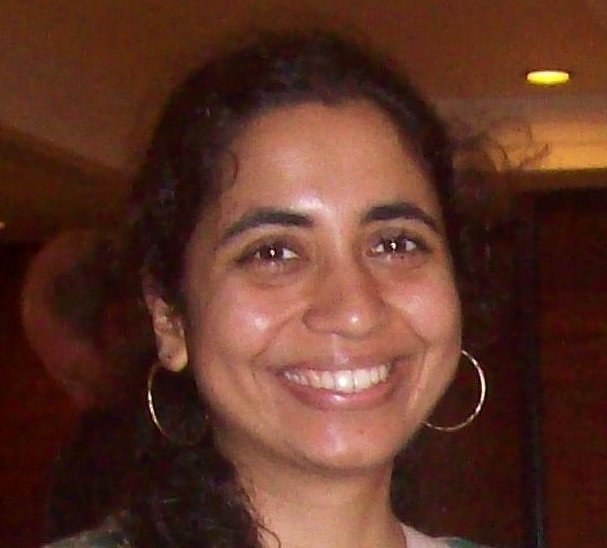
Kavitha Telikepalli (Tata Institute of Fundamental Research)
Title: Assignments, Arborescences, and Popularity
Abstract: Matching problems with one-sided preferences are seen in many applications such as campus housing allocation in universities. Popularity is a well-studied notion of optimality in the model of one-sided preferences. This talk will be on a simple algorithm, inspired by linear programming duality, to find a popular assignment. This algorithm can be generalized to solve the popular arborescence problem, which is relevant in liquid democracy.
Organising Committee
- Ildi Schlotter, (Programme Committee Co-Chair)
- Alexander Westkamp, (Programme Committee Co-Chair)
- Sofiat Olaosebikan, University of Glasgow, UK (Organizing Committee Co-Chair)
- Alex Teytelboym, University of Oxford, UK (Organizing Committee Co-Chair and Local Organizer)
Steering Committee
- Péter Biró, Hungarian Academy of Sciences, Hungary
- Jiehua Chen, TU Vienna, Austria
- Bettina Klaus, University of Lausanne, Switzerland
- David Manlove, University of Glasgow, UK
Program Committee
- Kristóf Bérczi
- Günnur Ege Bilgin
- Péter Biró
- Inacio Bo
- Niclas Boehmer
- Martin Bullinger
- Katarína Cechlárová
- Christine Cheng
- Jiehua Chen
- Julien Combe
- David Delacretaz
- Batal Dogan
- Umut Dur
- Albin Erlanson
- Tamas Fleiner
- Aram Grigoryan
- Jens Gudmundsson
- Guillaume Haeringer
- Isa Hafalir
- Eun Jeong Heo
- Chien-Chung Huang
- Naoyuki Kamiyama
- Tamas Király
- Flip Klijn
- Dusan Knop
- Scott Kominers
- Jiunjie Luo
- David Manlove
- Jannik Matuschke
- Andrew McKenzie
- Antonio Miralles
- Shuichi Miyazaki
- Markus Möller
- Thayer Morrill
- Alexandru Nichifor
- Josue Ortega
- Katarzyna Paluch
- Daniel Paulusma
- William Phan
- Marek Pycia
- Rasoul Ramenazian
- Baharak Rastegari
- Antonio Romero-Medina
- Ricardo Saulle
- Ildikó Schlotter (CS PC Chair)
- Jay Sethuraman
- Ran Shorrer
- Alex Teytelboym
- Alexander Westkamp (Econ PC Chair)
- M. Bumin Yenmez
- Yu Yokoi
- Yu Zhou
MATCH-UP 2008: 6 July 2008 at Reykjavík University, Iceland (41 participants). It was held as a satellite workshop of ICALP 2008.
MATCH-UP 2012: 19-20 July 2012 at Corvinus University of Budapest, Hungary (68 participants).
MATCH-UP 2015: 14-16 April 2015 at the University of Glasgow, Scotland (80 participants).
MATCH-UP 2017: 20-21 April 2017 at Microsoft Research New England, Cambridge, USA (108 participants).
MATCH-UP 2019: 26-29 May 2019 at Congressi Stefano Franscini, Monte Verità Ascona, Switzerland (46 participants).
MATCH-UP 2022: 24 - 26 August 2022 at TU Vienna, Austria (59 participants, including 5 online)
More information about the workshop series can be found in MATCH-UP



